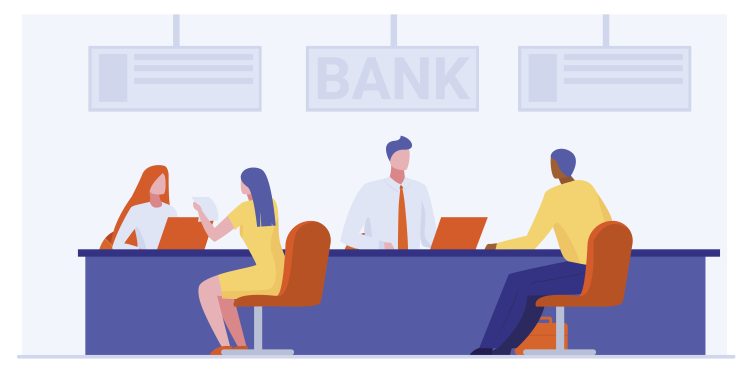Underserved communities are often left behind by traditional financial institutions, which prefer customers from whom they can reliably generate profit. For low-income or immigrant groups, gaining access to financial services can provide incredibly important benefits, but they often struggle to afford the expensive fees associated with accounts at traditional banks. Specialized neo-banks are striving to fill the gap, promising low fees and in some cases specifically targeting the needs of communities who have been otherwise excluded from financial services.
Fair, a new banking platform launched this year, is a halal-certified neo-bank that complies with Islamic law—which forbids the charging of interest—to offer interest-free home, auto, and small business loan products. Relying on a membership-based platform, Fair offers fee-free banking services for its customers. Fair emphasizes its approach does away with complicated terms and conditions that can be difficult for ESL (English as a second language) individuals to understand.
Neo-banks are playing an important role in improving access to financial services for many communities, and we can expect this trend to continue in the years to come.
For more information on this topic, see this article from FastCompany.com:
“Neo-banks are becoming the face of modern banking, particularly for those who haven’t been well-served by traditional financial institutions. Many of these online and mobile-first fintech companies promise low fees and transparency and are presented in a user-friendly interface. Plus, the latest mission-driven neo-banks take on an additional challenge: addressing the particular and wide-ranging needs of underserved communities.
For example, Cheese aims to serve Asian American customers, and Daylight offers banking for the LGBTQ+ community. Fair, the banking platform that my team and I launched this year, is the first halal-certified neo-bank in the United States. Amongst other innovations, we’re introducing a membership-based platform that does away with traditional bank fees. Think Costco, but for banking.”









